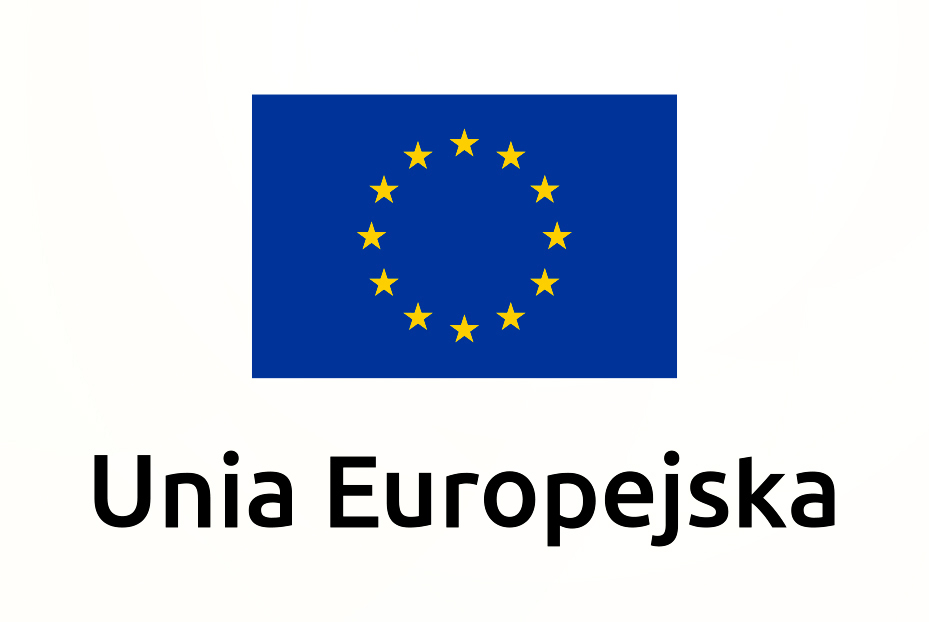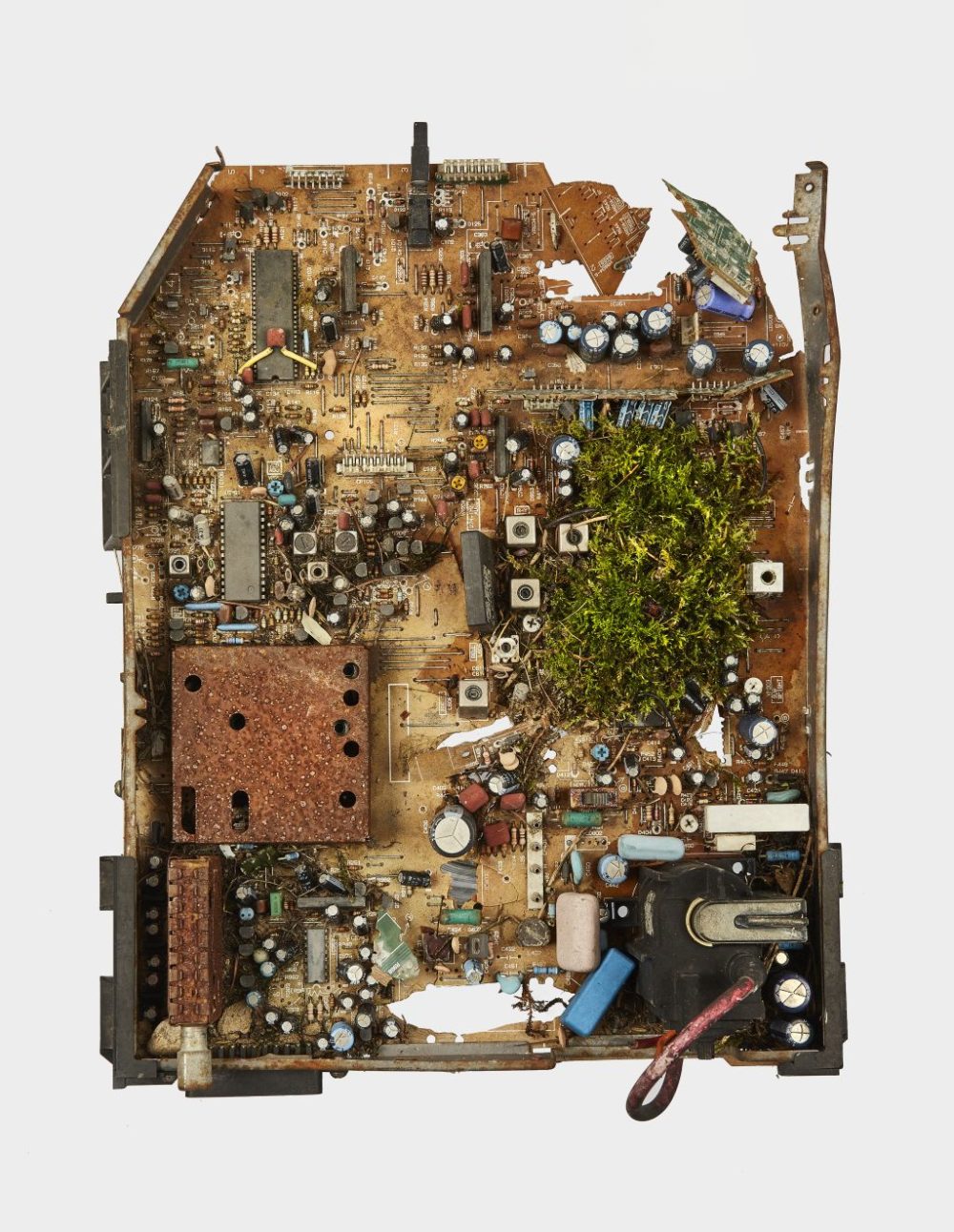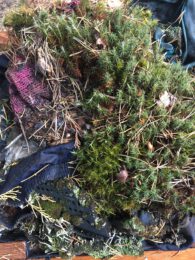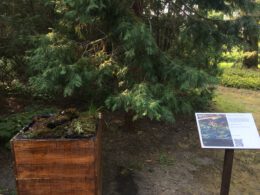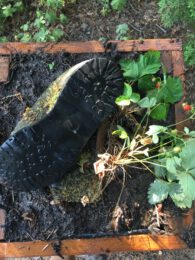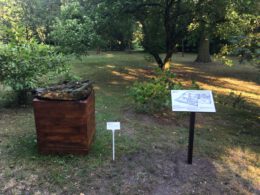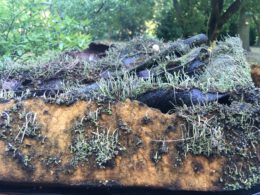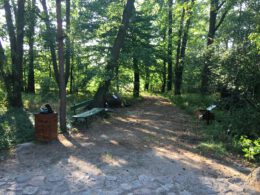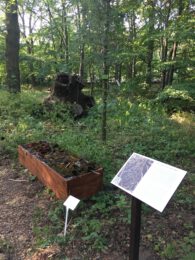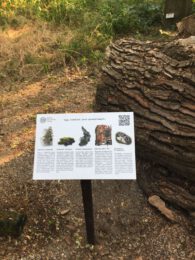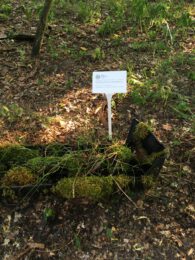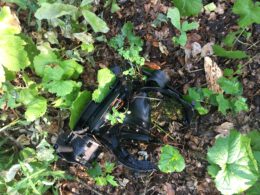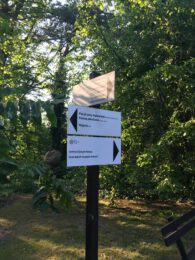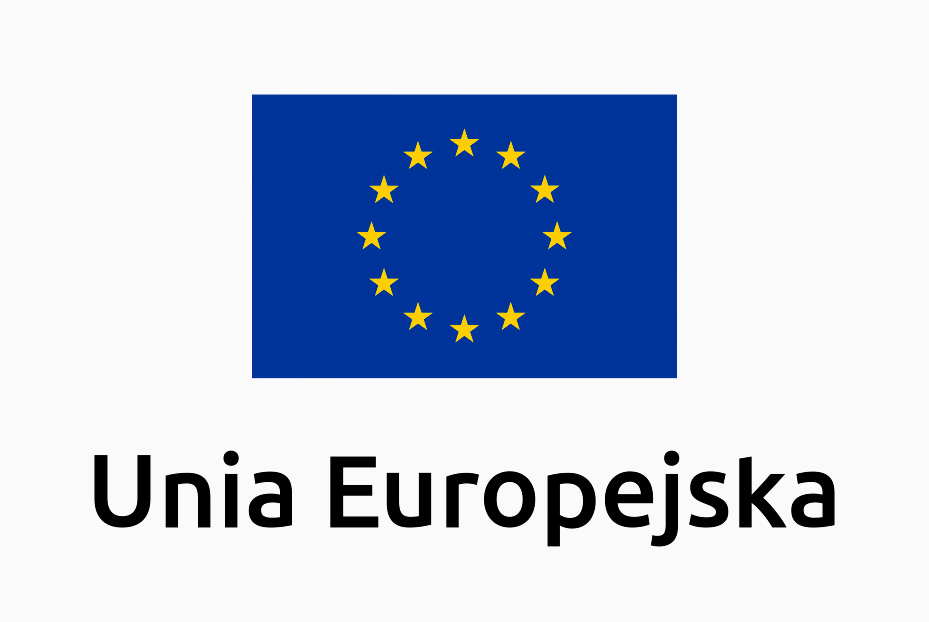Diana Lelonek is a graduate of Poznań’s University of the Arts, winner of the Vordemberge-Gildewart Foundation’s artistic prize and “Paszport Polityki” 2019 for “an artistically original analysis of threats posed by modern civilisation. For a wisely engaged art that questions in an interesting way the anthropocentric point of view.” Her installation in the Botanical Garden of Poznań’s Adam Mickiewicz University was created following long-term field research. Located in the garden, the Centre for the Living Things – an institution established by the artist, and a work of art itself –at the same time becomes an actual activity in the social, academic and artistic areas. The Centre is involved in educational, artistic and political interaction. While being based within the host institution, the Centre begins to influence it by attracting our attention to those aspects that, until now, have not been the Botanical Garden’s main focus of interest, for instance rubbish heaps or vegetation in post-industrial areas. A special part in these works is played by cooperation with academics. No less valuable were consultations with the garden’s technical staff concerning practical aspects of their work. Diana Lelonek’s latest project is a combination of several planes: a well-developed theoretical basis (concerning the philosophical and aesthetic consequences of the anthropocene), skilful cooperation in the field of natural sciences in a way that fully respects their rules and, last but not least, an artistic plane which manifests itself as a complex work of art in the form of an installation, but also many other accompanying activities.
The activities of the Centre for the Living Things focus on an in-depth study and presentation of the most recent and most visible changes in the biosphere. They prompt us to ask further questions about new potential forms of contact between the human and the non-human, to switch from anthropocentric to interspecies attention, and from a hierarchical to a more egalitarian construction as a potential way out of the anthropocene impasse.
The main problem posed by Diana Lelonek is a question about the role of the contemporary artist, whose new tasks and functions go beyond the autonomous domain of art and make him/her start to play a role in an activist and para-scientific field.
The artist notes that the activity of her Centre is directed towards hybrid and network connections, suggesting the interpenetration and indissolubility of natural, capitalistic, social, geological, physical, economic, manufacturing and decomposition processes.
Marek Wasilewski
venue: Botanical Garden of Adam Mickiewicz University in Poznań
curator: Marek Wasilewski
